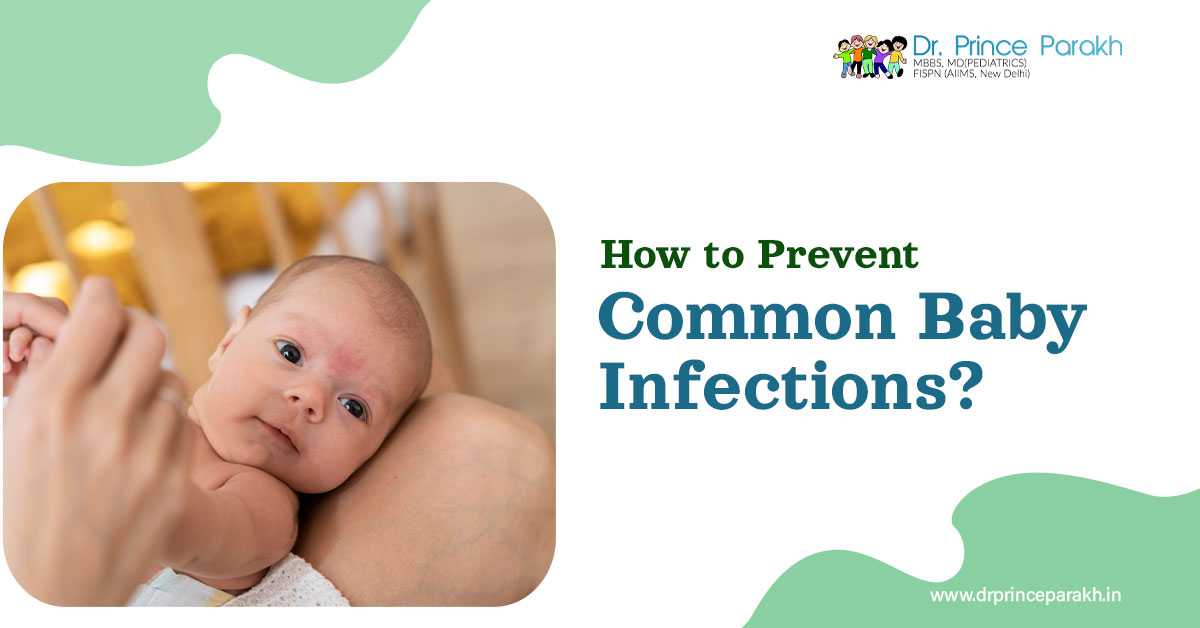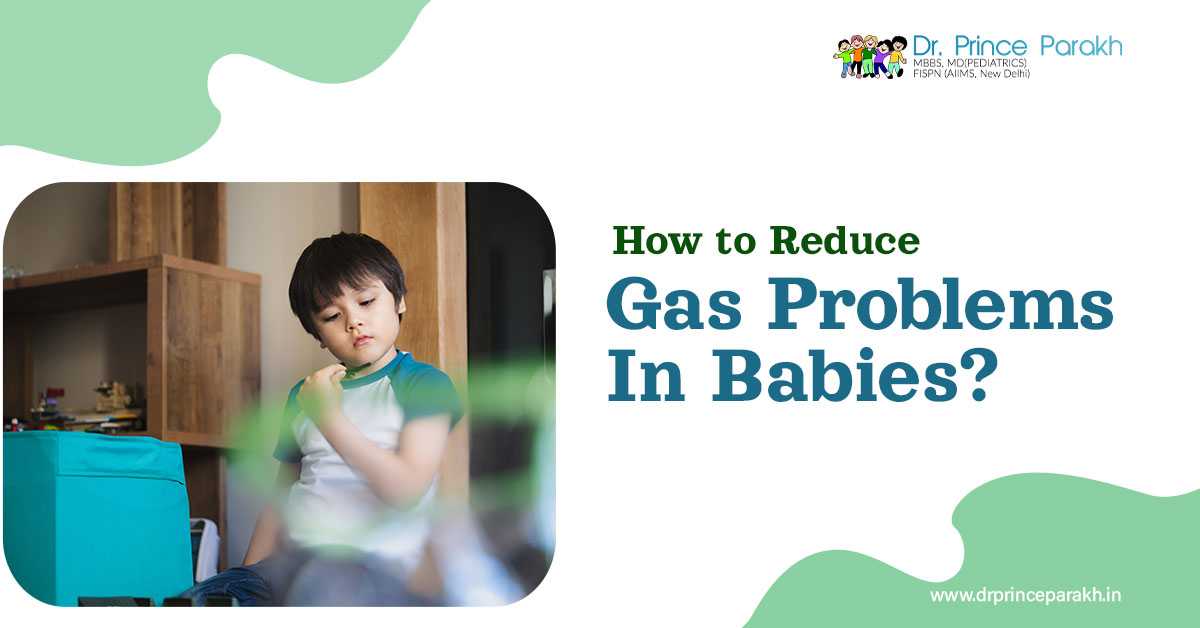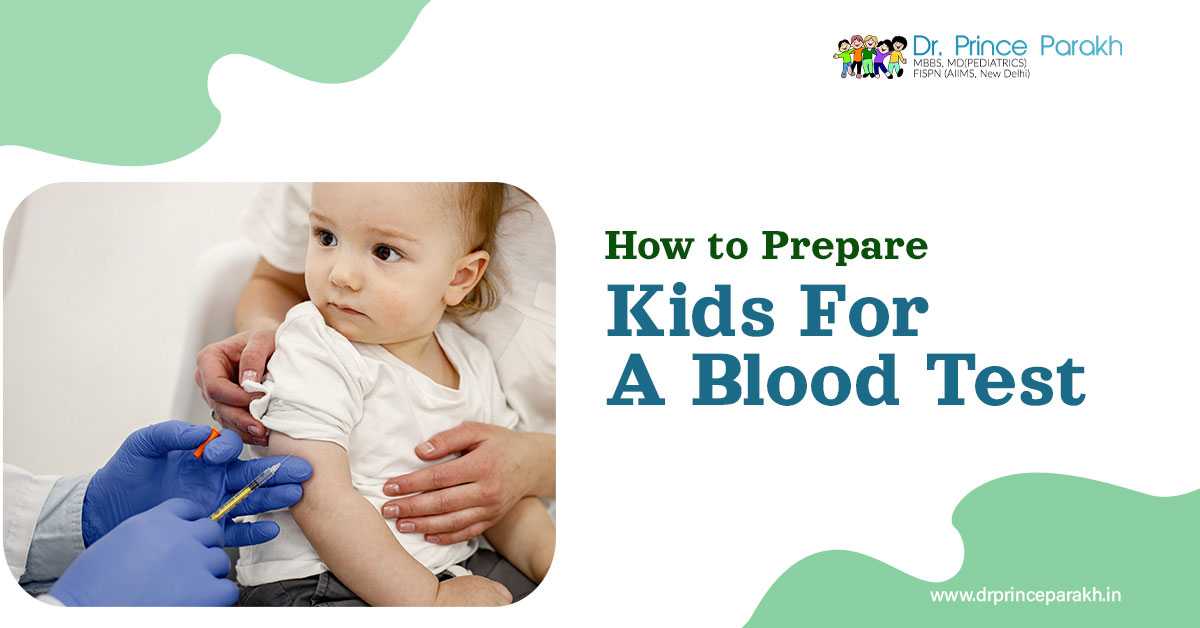One of the greatest joys in life is welcoming a little one into the world. Besides being loaded with joy, it comes with a phase of providing more attentive care. Particularly, new parents might sometimes feel overwhelmed. When your baby finally arrives after months of waiting, the hospital serves as their first home for the first several days.
This blog explains what to expect after giving birth, how hospital staff will look for your child, and how you may bond and get ready for life following discharge. Talk to the best child specialist in Siliguri or at your nearest location for expert support and advice.
The First Phase After Birth
The immediate postpartum period is a time of emotion, relief, and happiness. However, they are also essential for bonding time and your baby's initial medical examinations.
-
Skin to Skin Interaction
Nurses usually place your newborn on your chest for skin-to-skin contact as soon as possible after birth, provided that you and your child are both healthy. This small action is beneficial:
- Control your infant's heart rate and body temperature.
- Encourage emotional ties and bonding.
- Promote breastfeeding at a young age.
When it is safe to do so, skin-to-skin contact may occur in the recovery room after a cesarean section (C-section).
- Initial Monitoring
The medical staff at the pediatric hospital promptly assesses the movement, color, and breathing of your newborn. The Apgar score is taken between one and five minutes after birth. It is one test experts frequently administer.
This test aids in evaluating your baby's color, respiration, reflexes, heart rate, and muscle tone. The majority of these exams take place in the delivery room, often while your baby is still in your arms, so don't panic.
Initial Medical Steps and Examinations
To protect your baby's health and safety, medical professionals will carry out a number of routine procedures during the first few hours.
- Clamping Cords and Cutting
The doctor clamps and cuts the umbilical cord after birth, though a partner may do it if they so choose. For the infant, this procedure is short and painless.
- Injection of Vitamin K
Natural low levels of vitamin K, which aid in blood coagulation, are seen in newborns. In order to stop bleeding issues, hospitals typically give a vitamin K injection soon after birth.
- Weighing and Measuring
In addition to being weighed, your baby's length and head circumference will be measured. The baseline for tracking future growth is established by these data.
- Feeding Your Newborn in the Hospital
You must know that one of the most crucial and initial phases of caring for a newborn is feeding. The nurses at the hospital will help you decide whether to bottle-feed, breastfeed, or do both.
- Breastfeeding Support
A nurse or lactation consultant will frequently come to assist you with the following if you decide to breastfeed:
- Placing and Latching
Knowing how to read your baby's feeding signals
-
Handling engorgement or pain
Colostrum is the thick, yellowish milk that your body makes first. It is rich in nutrients and antibodies. Your kid will need it for the first few days, so don't worry.
- Formula Feeding
Nurses will teach you how to securely prepare and feed your infant if you decide to or are required to formula-feed. Formula, bottles, and nipples are usually provided by hospitals while you are there.
- Frequency of Feeding
Newborns basically consume every two to three hours. In order to make sure your baby is receiving adequate nutrition, nurses will assist you in monitoring feeding schedules and diaper changes.
Observation and Regular Newborn Examinations
To make sure everything is normal, nurses and physicians will keep an eye on your baby's development during your hospital stay.
- Vital Signs
Nurses check your baby's breathing, heart rate, and temperature on a frequent basis. Seek advice from the best child specialist in Siliguri for newborn healthcare.
-
Screening Tests for Newborns
Hospitals conduct newborn screening tests to look for unusual signs or dangerous medical disorders within the first 24 to 48 hours of life. These include:
- A heel prick test involves drawing a few droplets of blood from your infant's heel.
- A hearing test to determine your child's hearing capacity.
- Pulse oximetry, which gauges oxygen levels to identify heart problems early, is used in certain hospitals.
These tests are safe, rapid, and crucial for early detection and, if necessary, treatment.
Bathing and Umbilical Cord Care
Your baby's first bath may be postponed by hospitals for at least 24 hours following delivery. This enables your baby's sensitive skin to be protected and moisturized by the vernix. It is the white, creamy layer that covers the skin.
When the moment comes, nurses can demonstrate how to:
- Use mild baby soap and warm water.
- The umbilical cord should be kept dry.
- Use a gentle towel to pat your infant dry, not rub them.
Care for the Umbilical Cord
In one to two weeks, the cord stump will dry out and fall off on its own, and in the interim:
- Maintain a dry and clean environment.
- Below the stump, fold the diapers.
- Do not tug on it.
- Notify your healthcare practitioner if you observe redness, swelling, or an unpleasant odor.
Knowing Common Newborn Behaviors
You can observe a few typical occurrences at the hospital that are perfectly normal:
- Sneezing and hiccups: These are innocuous and aid in clearing the nasal passages.
- Jittery motions: The neurological system of your infant is still growing.
- Crying: Babies mostly express their hunger, discomfort, or exhaustion through crying.
- Skin peeling or tiny red spots: These typically go away on their own.
Never be afraid to approach your pediatrician or nurse for clarification if something appears out of the ordinary.
How to Take Care of Your Infant
You might learn a lot throughout your hospital stay, and nurses are available to help you with all facets of caring for a newborn, including:
- Wrapping your infant tightly to make them feel safe is known as swaddling.
- How to avoid diaper rash and how frequently to change diapers.
- Helping your infant expel air they've swallowed after feeding is known as burping.
- Always place your infant on their back on a firm mattress for safe sleep.
Final Words
Your postpartum hospital stay is a critical period for healing, fostering relationships, and gaining knowledge. Knowing what to anticipate might help to relax and give purpose to these initial days, from the first cry to the discharge procedure. Have faith in your medical staff, ask questions, and most of all, have faith in yourself. Receive expert newborn care support from the top pediatrician in Siliguri, Dr. Prince Parakh, or at your nearest location.
Comments (0)







